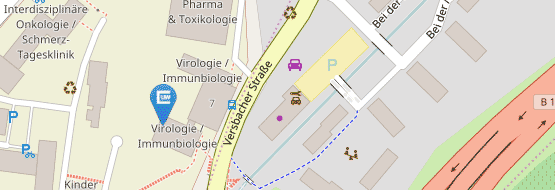Project P05
Role of NFAT signaling in immune responses and protection against CMV
Prof. Dr. Luka Cicin-Sain & PD Dr. Friederike Berberich-Siebelt
Human cytomegalovirus (HCMV) control hinges on a balance with host immune responses. Hence, adoptive immunotherapy with CD8+ T cells is sufficient to provide relief against opportunistic HCMV infections, which might occur upon allogenic hematopoietic (stem) cell transplantation (allo-HCT). In these patients, HCMV causes disease directly via viral cytotoxicity, but also exacerbates immunological incompatibility between co-transferred donor T cells and host tissue, thus aggravating graft-versus-host disease (GvHD). We demonstrated that signaling by two members of the family nuclear factors of activated T-cells (NFATc1 and NFATc2) plays a partly redundant role not only in GvHD upon immunotherapy, but also in T-cell responses to mouse CMV (MCMV) infection. Building on our results, we will study NFAT signaling in NK- and T-cell responses to CMV infection and GvHD using in vivo models of allo-HCT in MCMV latently infected mice and in vitro models of HCMV infection and co-culture with human NK and T cells. We will gene-edit NFATC1 and/or NFATC2 in human NK or CD8+ T cells and measure their ability to limit HCMV replication in co-cultured cells. Thereby, we will define the relevance of NFAT in the antiviral activity of human NK and CD8+ T cells. In vivo activity will be tested in the MCMV model by using mice with NFAT-ablated NK or T cells. We will compare NFAT-deficient and control mice for the emergence of NK memory cells, the profile of genes elicited and their ability to control virus replication. Furthermore, we will study the effects of these cells in latently infected mice in models of haploidentical HCT and GvHD. Here, it is important to establish the memory status in which CMV-specific NFAT-deficient T or NK cells should be during cell infusion in order to ensure protection. Taken together, we will determine role and relevance of NFAT for controlling CMV infection in clinically relevant settings.

